Kiradu temples: Rajasthan
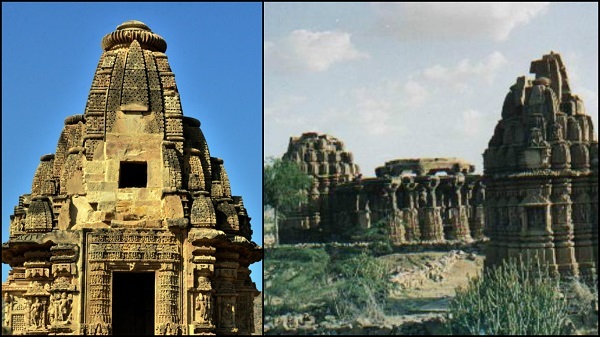

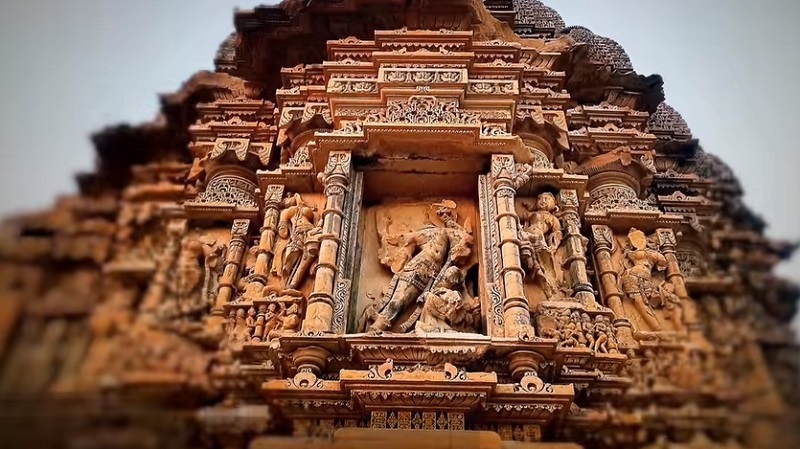
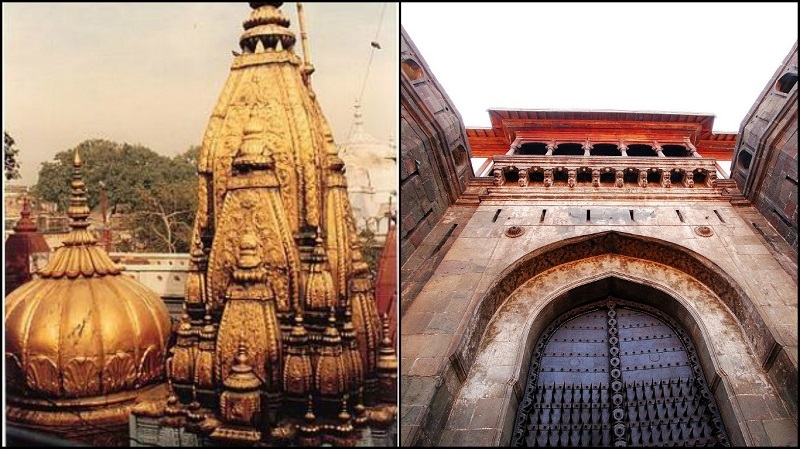
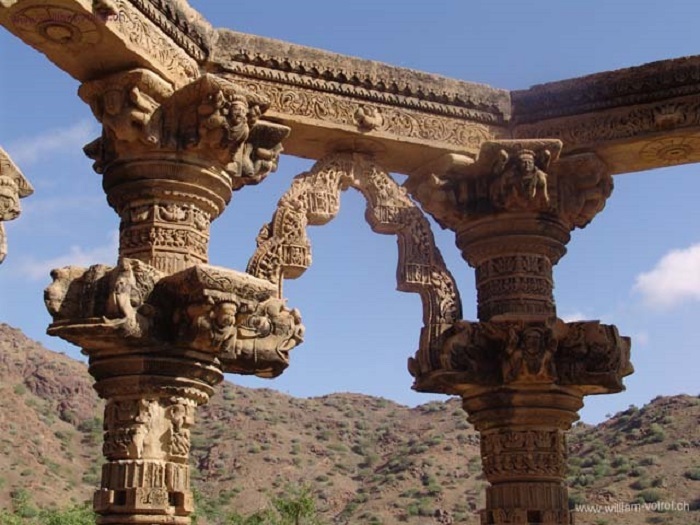

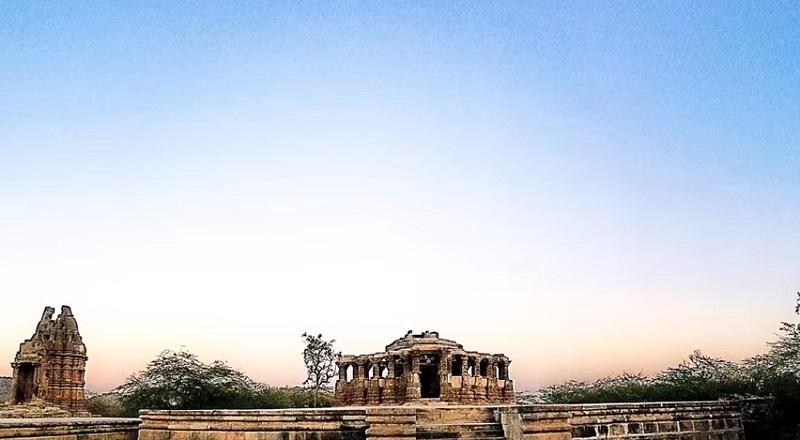

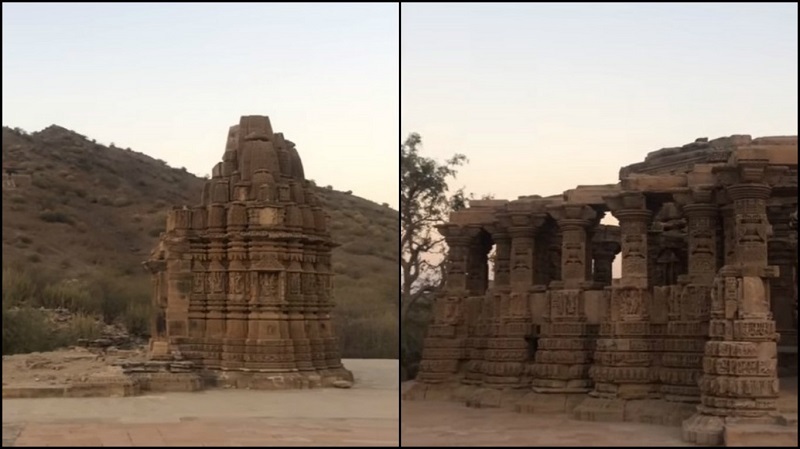
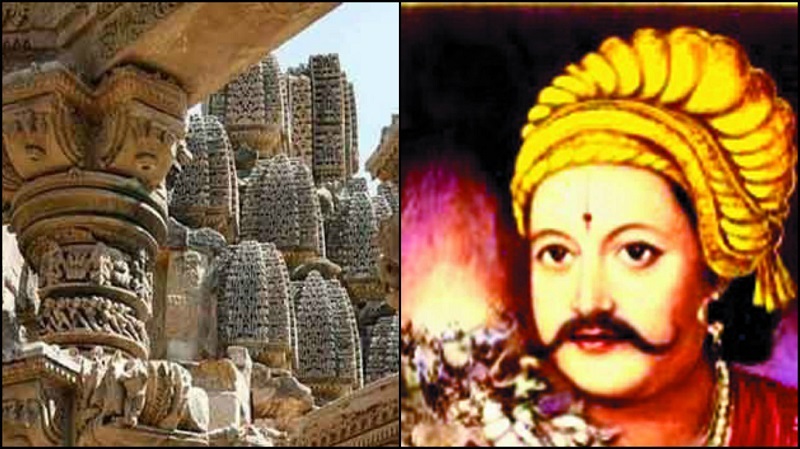
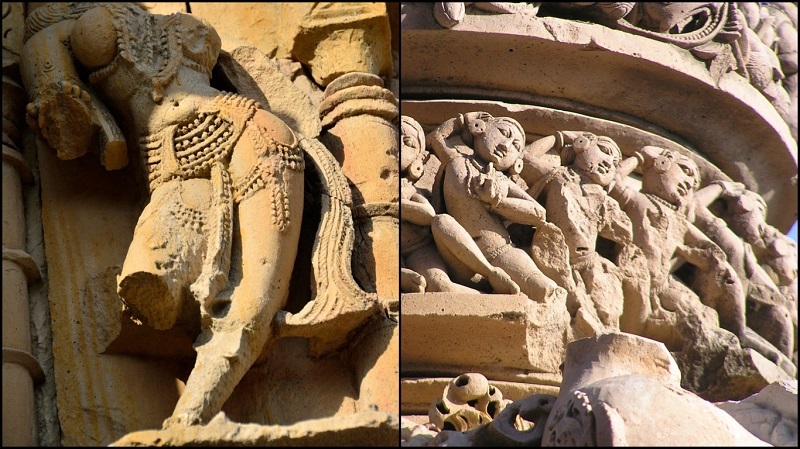


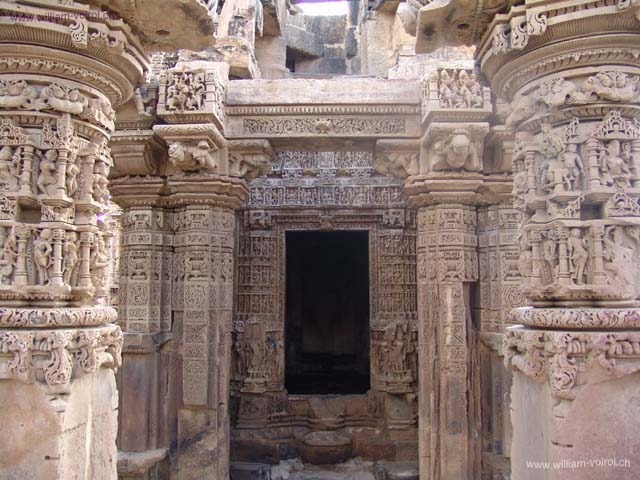
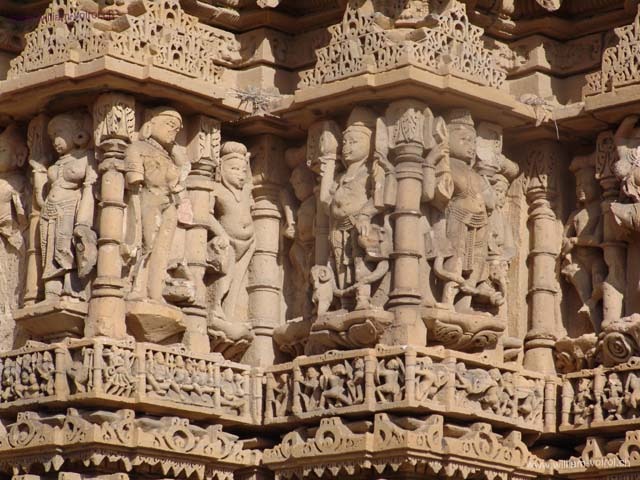
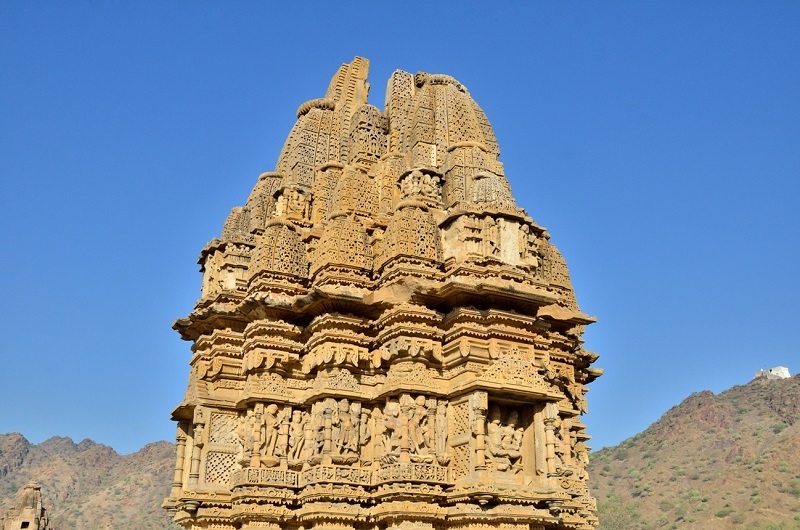
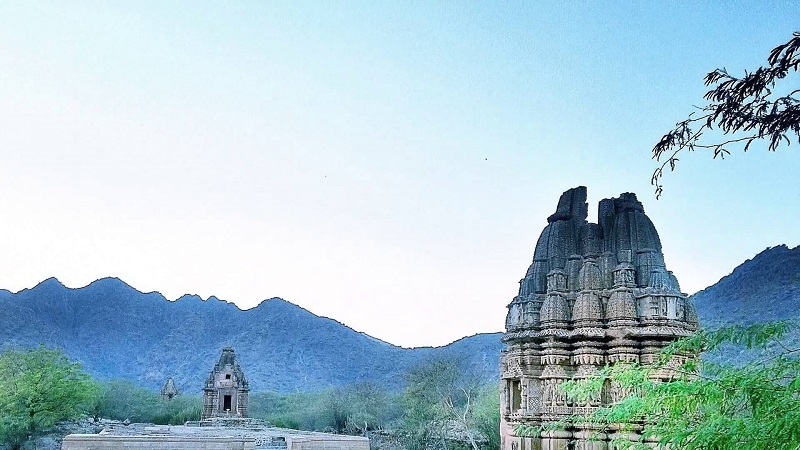

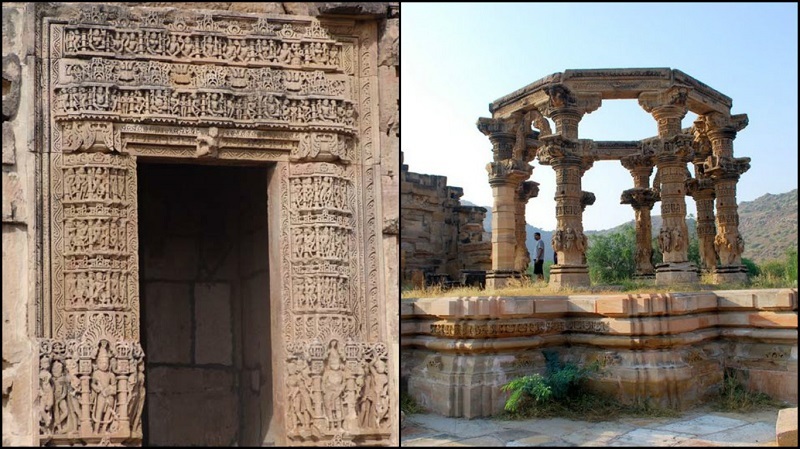
This is a collection of articles archived for the excellence of their content. |
In brief
The Speaking Tree, March 29, 2016
Shruti Srivastava
1. The lost world of Kiradu Temples
Somewhere in the deserted land of Kiradu (once Kiradkot), are five temples where no one dares to stay overnight… reason? These temples are cursed to turn any human into stone!
2. Ancient Indian architecture
One will barely find any religious or historical construction in India from the ancient time that has no reference to any curse, scary tale or a blissful story behind it.
3. Gems of Indian history
Whether it is about Lord Shiva’s boon to Varanasi in face of Kashi Vishwanath temple, the curse on Pune’s famous Shaniwar Wada, the haunting tales of Bhangarh fort, to the unsolved mystery of Vrindavan’s Nidhi Van, you may have heard it all.
4. A curse which turns humans into stone!
But, today we are going to tell you of the curse on Rajasthan’s Kiradu Temple, a spell so powerful that turns into stone, anyone who dares stays overnight in its premises.
5. Scary stories of Kiradu
No matter how mystical this place may seem to be in reality, the legend related to it is so powerful that no one has dared to try the otherwise.
6. How to reach?
Located around 35 km from Barmer, somewhere in the Thar Desert, is Kiradu Temple, the unexplored Khajuraho of Rajasthan. Kiradu, an accumulation of five temples, which have now been deserted, are dated back to 11th century.
7. Artwork
These temples are titivated with erotic architecture in typical Solanki style, which has turned it into a new-found tourist spot.
8. Deserted land
On reaching, one will be astonished to see that the deserted temples have an unnatural atmosphere. The giant rusted gate is forever locked and anyone who wishes to enter has to manage through a tiny gate beside the wall.
9. King Someshwar
According to legends, the Kiradu was originally known as Kiradkot, which was ruled by the Kirad clan of Rajputs, back in 6th century.
10. Lord Shiva and Vishnu temples
The inhabitants of Kiradu village were the most prosperous, and true devotees of Lord Shiva, which explains why some of these temples are dedicated to Lord Shiva.
11. Kirad clan and Kingdom threatened
Somewhere around in 12th century, the Kingdom of Kiradu was ruled by King Someshwar of the Parmar dynasty. It is believed that once during his reign, Turushkas tried invading and caused immense damage to Kiradu.
12. Foreign invasion
King Someshwar feared anymore foreign invasion, as the place was near the foothills of beautiful mountains. Hence, he invited a great sage in order to restore safety and prosperity of the Kingdom.
13. Sage arrives to restore prosperity
The sage was accompanied by his disciple, whom he left behind for the sake of the Kingdom. As the Kingdom regained its prosperity, they totally forgot about the sage’s disciple.
14. Neglect by own people
One day, the disciple fell ill and none except a potter’s wife came to his aid. She took a great deal of care for him. When sage returned, he became aware of the people’s neglect towards his disciple.
15. Sage's wrath
Enraged, he cursed the entire Kingdom, saying, “A place which has no humanity, must not be burdened with humankind!”
16. Kingdom doomed
He cursed the entire Kingdom to turn into stone, except the potter’s wife, who he spared because of her service to his ailing disciple.
17. Kiradu
The Sage ordered her to leave the Kingdom before evening, or else she would be cursed too and also asked her to walk straight ahead and not turnover.
18. Stones at Kiradu
She did so as told, but soon curiosity took on the best of her. Once reaching the outskirts of the Kingdom, she turned back to see if the curse really worked. And, so she too was turned into a stone.
19. History of Kiradu
Though there has been no scientific evidence to prove the existence of the curse so far, but it is also a fact that no one has until this day dared to stay beyond sunset, around Kiradu temples.
20. Stands on its own
Each day, after sunset the entire Kiradu area is deserted of any human presence.